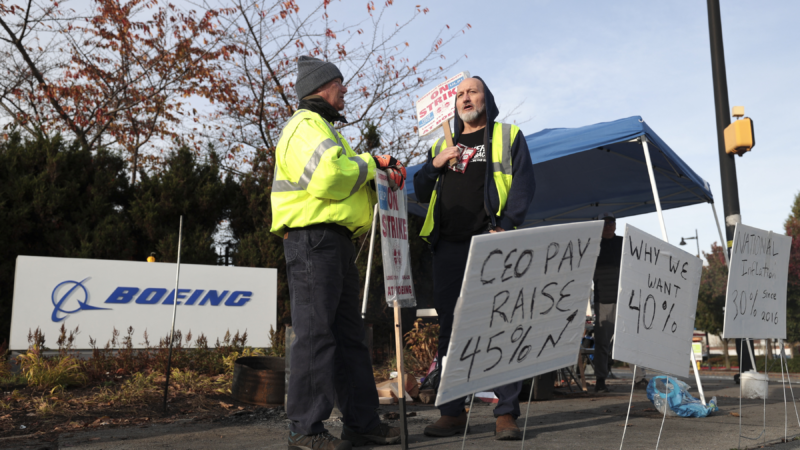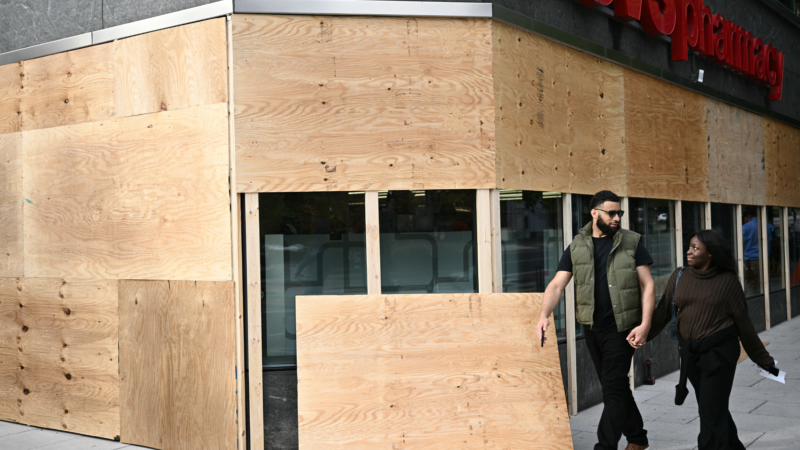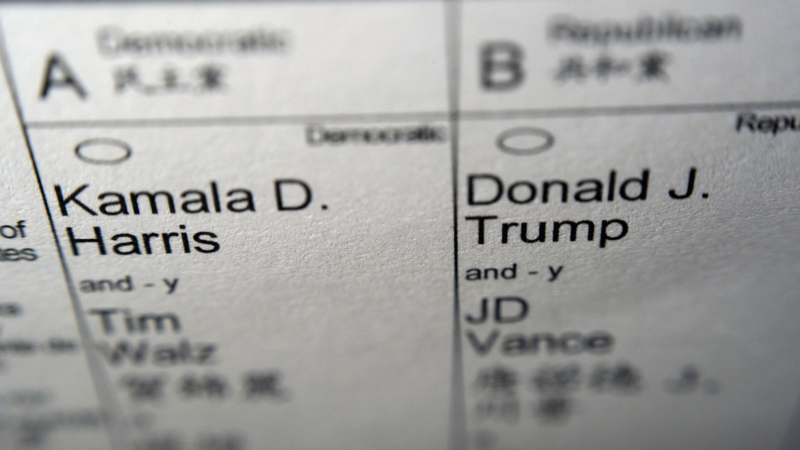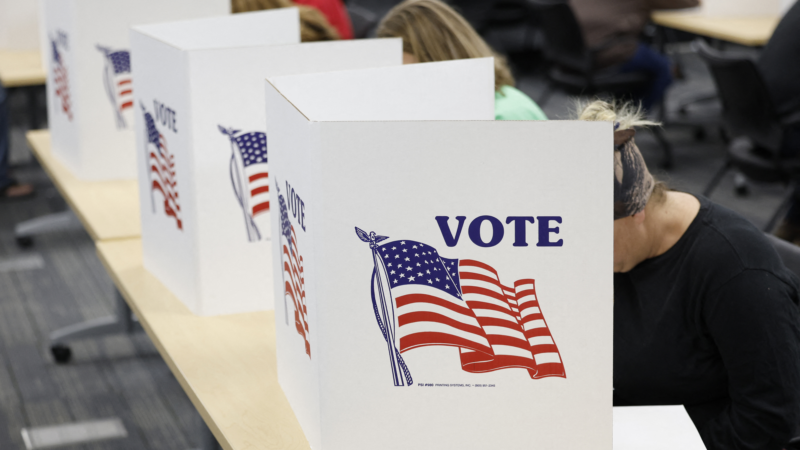Boeing machinists approve contract, bringing an end to a bruising seven-week strike
SEATTLE — Boeing machinists voted to approve a contract offer on Monday, closing the book on a bruising strike that lasted more than 53 days.
The agreement, which had the backing of the union’s leadership, was approved by 59% of members who voted.
“This is a victory,” said Jon Holden, the president of the International Association of Machinists and Aerospace Workers District 751, as he announced the results late Monday night at the union’s hall in Seattle. “We can hold our heads high. We all stood strong, and we achieved something that we hadn’t achieved the last 22 years.”
The deal will bring a 38% wage increase for the union’s 33,000 members — and a much-needed boost for a company that could desperately use one.
Boeing posted a stunning $6 billion loss for the third quarter of the year, one of the worst quarters in the company’s history. Those disappointing results were partly the result of the work stoppage, which has halted production at Boeing’s factories in the Pacific Northwest.
But Boeing’s problems run deeper than that. Even before the strike, the company was dealing with quality control and production problems across its commercial aviation operations. The company also announced a $2 billion loss in its defense and space business.

In a message to employees late Monday night, Boeing CEO Kelly Ortberg said the company was pleased to reach a ratified agreement with the union.
“While the past few months have been difficult for all of us, we are all part of the same team. We will only move forward by listening and working together,” Ortberg wrote. “There is much work ahead to return to the excellence that made Boeing an iconic company.”
The machinists union overwhelmingly rejected the company’s first contract offer. Union members also voted down a second agreement less than two weeks ago, although the margin wasn’t as wide.
The union was voting for a third time Monday on a contract that was modestly better than Boeing’s second offer. But this time, the union’s leaders endorsed the agreement — and warned that members might end up with less if they didn’t take it.
“In every negotiation and strike, there is a point where we have extracted everything that we can in bargaining and by withholding our labor,” the union’s leaders said in their statement last week. “We are at that point now and risk a regressive or lesser offer in the future.”
Boeing’s offer on wages improved from 25% in its initial offer to 38% in the final agreement — still short of the 40% raise the union initially wanted. Workers will also get a $12,000 ratification bonus.

But there is one key union demand where Boeing has not budged. The machinists want the company to restore the traditional pension plan they lost a decade ago, which remains a major source of anger among the union’s rank and file.
Boeing has said it’s unwilling to restore the defined benefit pension plan that it froze in 2014, though it has offered to increase the company’s contributions to union members’ 401(k) retirement plans.
The last time Boeing machinists went on strike in 2008, the work stoppage lasted for close to eight weeks, costing the company an estimated $2 billion. The economic damage this time may be even larger.
KUOW’s Casey Martin contributed reporting from Seattle, and Joel Rose reported from Washington, D.C.
Elon Musk’s $1 million-a-day voter sweepstakes can proceed, a Pennsylvania judge says
Common Pleas Court Judge Angelo Foglietta in Pennsylvania — ruling after Musk’s lawyers said the winners are paid spokespeople and not chosen by chance — did not immediately explain his reasoning.
Puerto Rico holds general election that promises to be historic
Puerto Rico is holding elections that will be historic regardless of which of the top two gubernatorial candidates wins.
States and cities beef up security to prepare for potential election-related violence
Washington state's governor activated the National Guard to stand by to help local law enforcement as needed. Meanwhile, extra security is in place at locations across Washington, D.C.
When will mail-in and absentee ballots be counted?
Various state rules regarding when election officials can process and count mail ballots means it will likely take some time after Election Day before the results from these ballots are fully known.
When do polls close in every state? Here’s a timeline
The Associated Press can't call any races until polls close in their respective state. Here's a breakdown of when that will happen.
How has the Electoral College survived, despite being perennially unpopular?
Despite its substantial-sounding name, the Electoral College isn’t a permanent body: It’s more of a process. For decades, a majority of Americans have wanted it to be changed.






